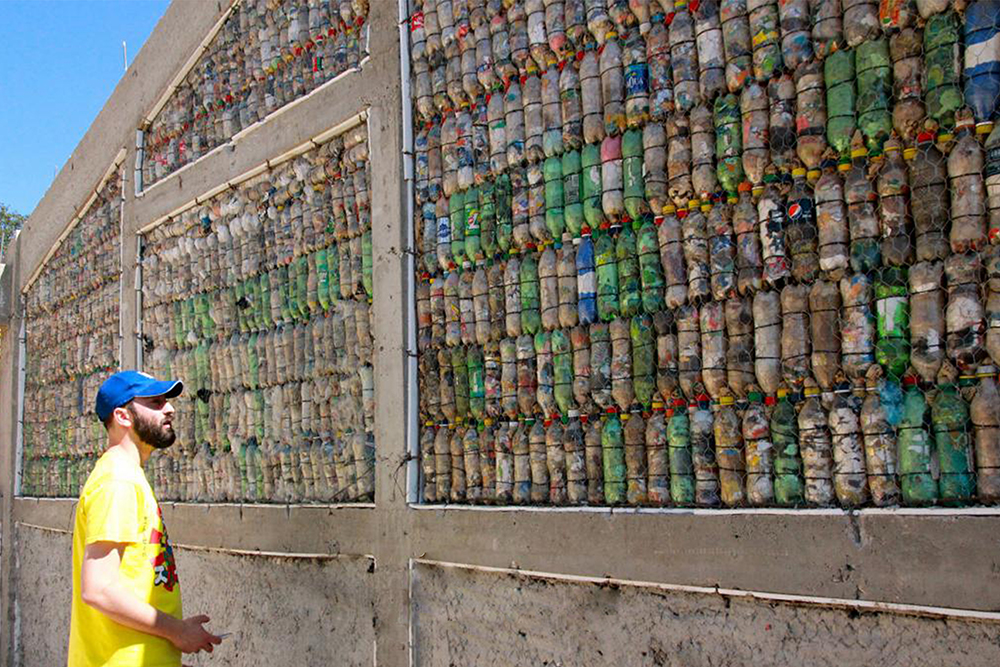We Connect
Donors with Proven Projects
For interested donors, finding reputable organizations performing real, meaningful work in Guatemala is one of the top challenges. For charities, the fight for funding is daunting. That’s where Advance Guatemala comes in.
- We find and evaluate the right charities.
- We select one or more projects to focus on each year.
- We raise funding through donations and events.
- We facilitate transfer of funds to the organization.
More Than a Name.
It’s Our Mission.
Advance Guatemala isn’t just our name, it’s our call to action. A charge to do what we can to lift up this incredible country and its people. To accomplish this, we find and support projects that fall within four fundamental sectors that promote long-term improvement and economic development for any country and community; Housing, Education, Healthcare and Entrepreneurship. Our diversified approach allows donors to contribute to a specific sector or project that aligns best with their personal philanthropic intentions.

Education
Approximately 12% of males 15-24 years of age and 17% of females are illiterate. Reflecting even worse literacy rates in past generations, the overall adult literacy rate is only 73%.
While nearly all Guatemalan children enroll in primary school, the attendance ratio is less than 80% and only approximately 62% are still in school at grade six. Approximately 25% of the student-age population finish middle school equivalent and only about 11% finish the equivalent of high school. These percentages are lower in the rural areas, especially in certain indigenous communities.
In theory, the government provides primary and secondary education for free. In practice, parents or students have to pay for uniforms, school books, school supplies and any needed transportation.
Both population growth and natural disasters have made the provision of sufficient affordable housing very challenging. An additional challenge is the lack of clear title to land on the part of many of the country’s poor. Another is the lack of access to bank financing by the majority of the population.
Some programs – such as Habitat for Humanity – are able to build a healthful 500+ square foot block house for less than $5,000 in materials. The owners-to-be (plus their neighbors) provide the labor and pay back the cost of materials as a no-interest loan.
Providing affordable housing in a sustainable way is a long-term process, one with Advance Guatemala is committed to supporting.
Healthcare
As babies and children are the most vulnerable members of human society, the under-five mortality rate is often a prime indicator of the overall well-being of a community or country. Guatemala’s under-five mortality rate in 2008 was 35 per thousand live births. This compares with 17 in Mexico and 8 in the United States. While this is a big improvement over the rate of 77 in 1990, Guatemala still ranks 77th worst out of almost 200 countries.
On the positive side, Guatemala vaccinates almost all of its children – 85% to 99% depending on the vaccine. Approximately 94% of the rural population (and 99% of the urban) have improved drinking water supplies. Both of these measures have greatly contributed to improved health and lower infant and child mortality.
Those self-employed in the formal sector typically have a fixed place of business (e.g. a store) with a business license. Only 29% of the economically active population work in the formal sector.
The remaining 71% work in the informal sector, often as self-employed. They may prepare food to sell at a sidewalk stand to pedestrians, make colorful weavings to sell to tourists or tourist shops, or purchase manufactured goods in bulk to resell on the street or in an open-air market. Many are farmers; others are plumbers or carpenters looking for short-term jobs.
Micro-enterprise programs are designed to help very small businesses (typically 1-3 workers) in either sector to improve their profit margins and expand their businesses. This usually involves small loans (e.g. $50) and training in the context of solidarity groups made up of several business people. These programs have proven very successful in Guatemala and many other countries in helping the poor get ahead economically. Advance Guatemala is committed to working with programs of this type for the economic advancement of the country’s poor.

